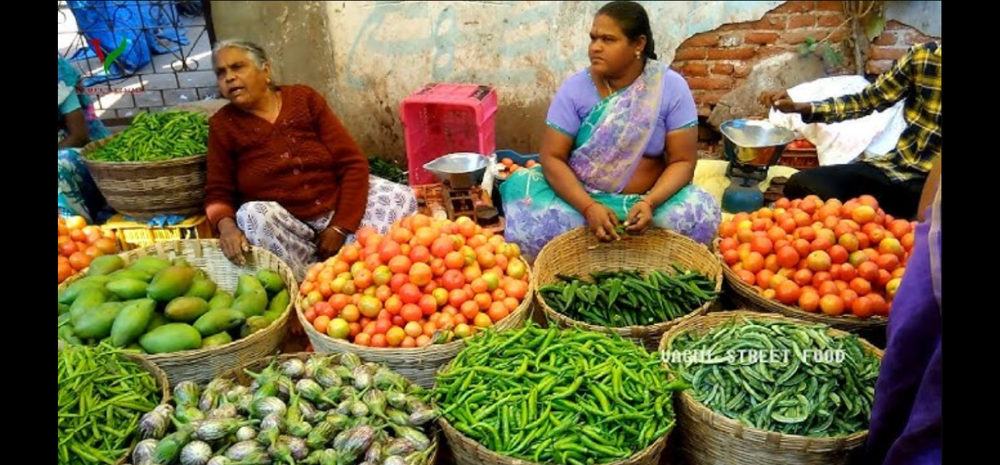The Indian government is set to launch a significant initiative aimed at enhancing vegetable production and supply chains near major cities. With an investment of ₹2,000 crore over the next five years, the plan involves developing 50 vegetable clusters in proximity to urban centers with populations exceeding 20 lakh. This ambitious scheme, currently being outlined by the Agriculture Ministry, is expected to receive Union Cabinet approval shortly.

Objective and Scope of the Scheme
The primary goal of this scheme is to boost vegetable production while stabilizing prices for both farmers and consumers. According to sources, the initiative will benefit over 2 lakh farmers residing near large cities. By creating a direct supply chain from farmers to consumers, the scheme seeks to minimize the role of middlemen, ensuring that farmers receive fair prices for their produce and consumers have access to fresh vegetables at reasonable rates.
Engagement of FPOs and Cooperatives
To manage price volatility and ensure a steady supply of essential vegetables like tomatoes, onions, and potatoes, the scheme will actively involve Farmer Producer Organizations (FPOs) and cooperative bodies. These organizations will play a crucial role in controlling the fluctuations in vegetable prices, which often lead to significant economic challenges for both producers and consumers. For instance, during periods of market glut, farmers struggle with low prices, while during shortages, consumers face sharp price hikes. This scheme aims to mitigate such issues by streamlining the supply chain.
Government’s Commitment to Agricultural Infrastructure
In her Budget speech on July 23, Union Finance Minister Nirmala Sitharaman emphasized the need to establish vegetable clusters near major consumption centers. She proposed that these clusters be developed in collaboration with FPOs, cooperatives, and startups, focusing on collection, storage, and marketing. This initiative aligns with the government’s broader goal of supporting agricultural infrastructure and improving the livelihoods of farmers.
Cluster Development and Consumer Access
The vegetable clusters will be strategically located within a 50 km radius of major cities like New Delhi, Mumbai, Chennai, Kolkata, Bengaluru, and Hyderabad. These clusters will be developed in partnership with private sector entities, FPOs, and cooperative bodies. The scheme also includes provisions for setting up decentralized cold storage facilities and procuring vending trucks and vans to facilitate the distribution of fresh vegetables. Consumers will be able to purchase these vegetables from retail shops and vending trucks within their localities, making it more convenient to access fresh produce.
Conclusion
The government’s plan to develop vegetable clusters near major cities is a forward-thinking initiative that promises to benefit both farmers and consumers. By investing ₹2,000 crore in this scheme, the government aims to stabilize vegetable prices, reduce supply chain inefficiencies, and ensure that fresh produce is readily available at reasonable rates. As the scheme moves closer to implementation, it is poised to make a significant impact on India’s agricultural landscape, fostering growth and sustainability in the sector.











